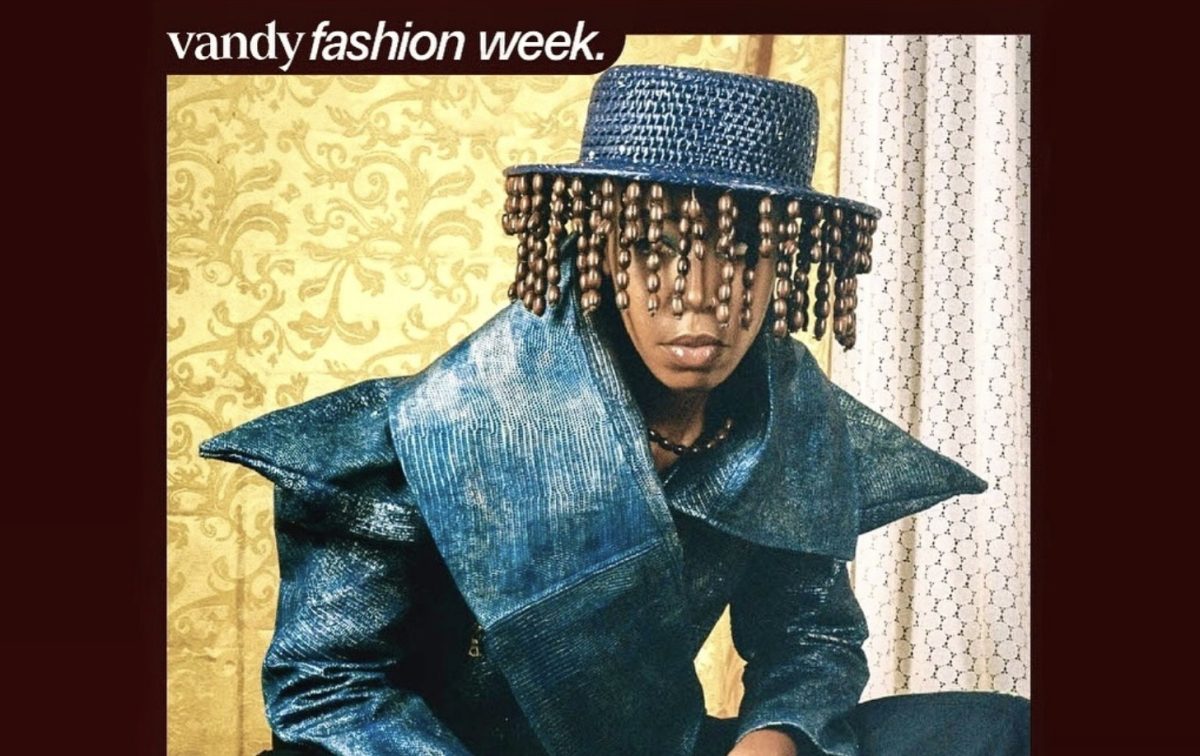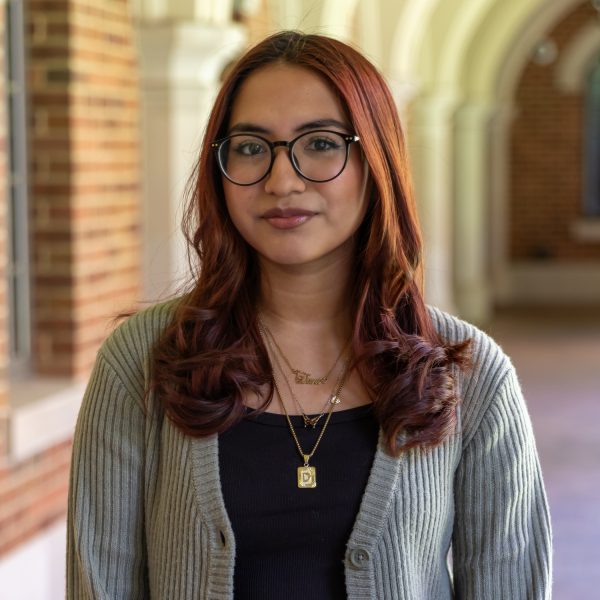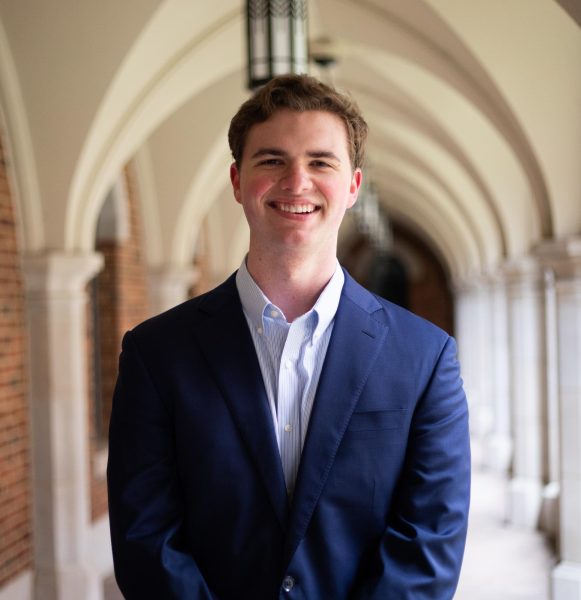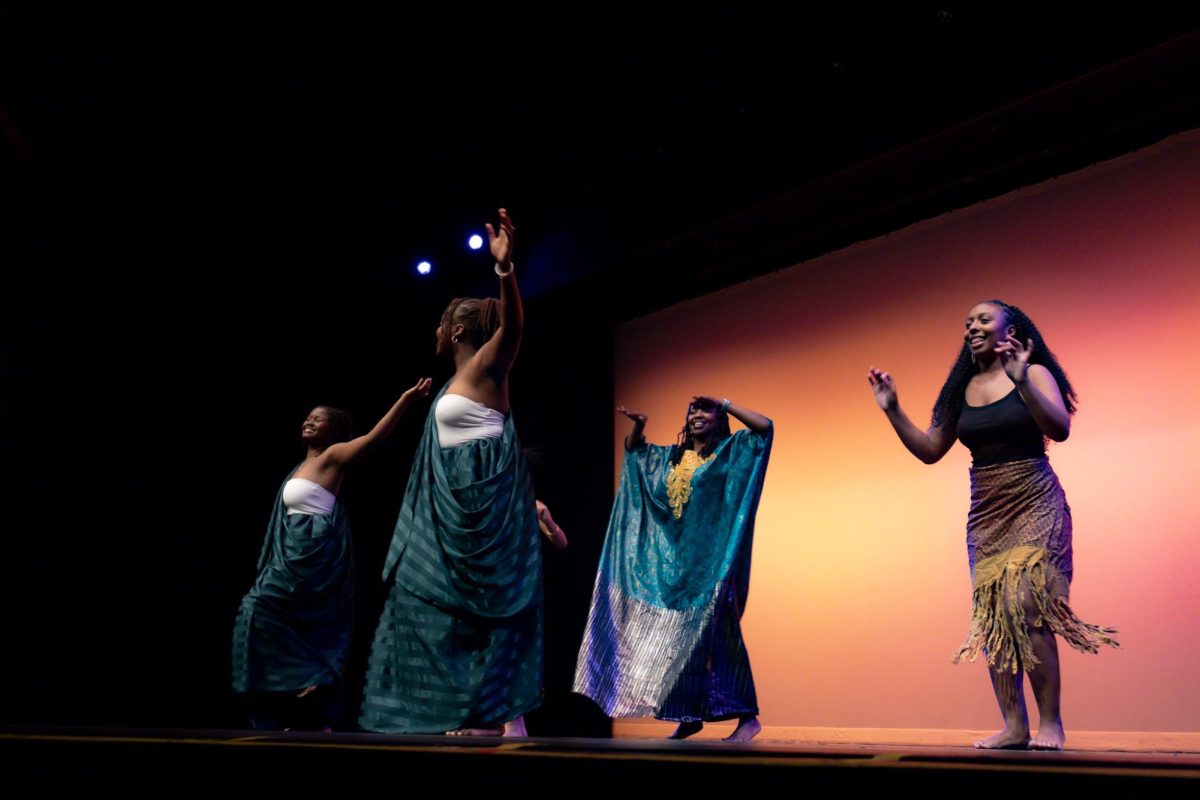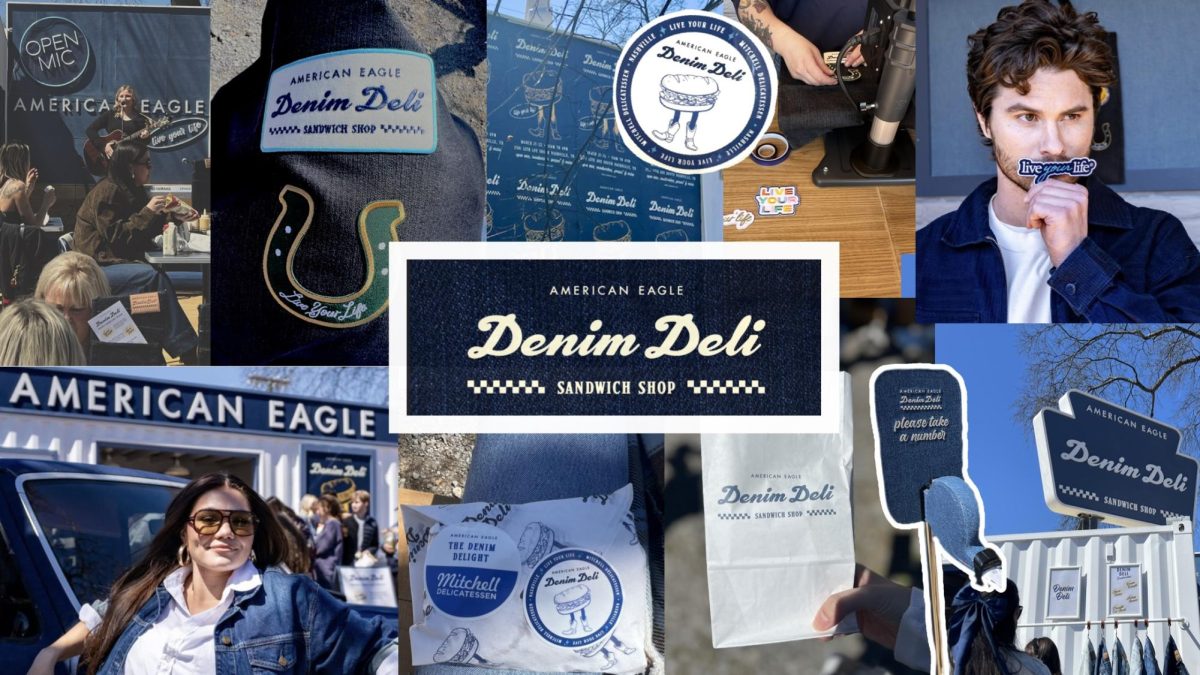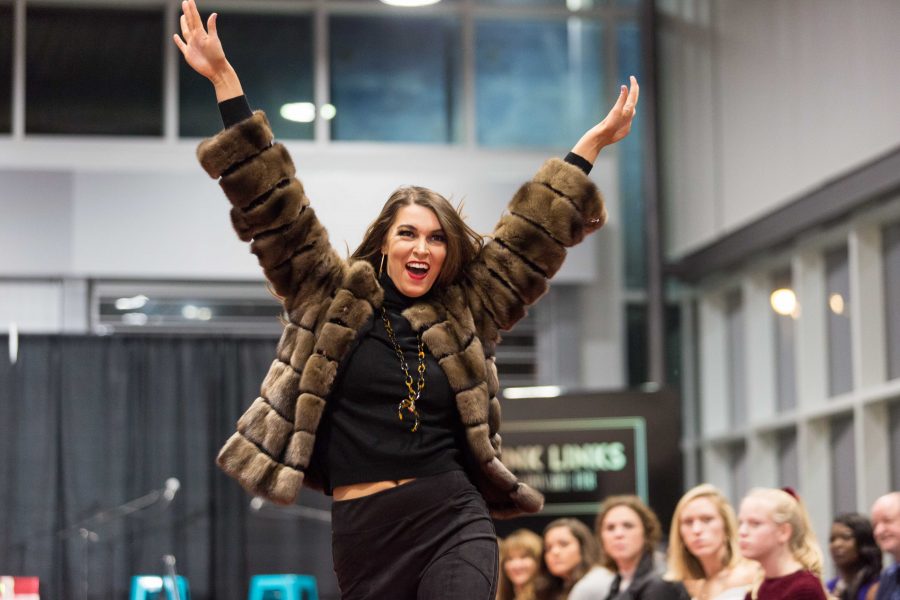College is a time when many students experiment with style, navigating the crossroads of personal identity and the broader world of fashion. It’s in this spirit of exploration and discovery that Vanderbilt Fashion Week (VFW) stands out, speaking directly to the Vanderbilt community with a sharp focus on sustainability within the fashion industry. Over the course of just a few years, the event has grown significantly. This year’s fashion week promises engaging events and promotes the creative pursuits of the participants while emphasizing the importance of eco-friendly fashion. VFW is a platform that inspires students to reflect on the environmental impact of their fashion choices and understand the difference they can make.
Co-directors of VFW, senior Matti Angelides and junior Sophia Arnold, discussed the importance of the event and dangers in the fashion industry regarding sustainability.
“What sparked VFW is that college is the place where students start to get a sense of independence,” Angelides said. “They buy their own clothing and create their own sense of self. This lends itself to fast fashion, and we want to educate students about sustainable practices. It is the easiest and most effective way for individuals to initiate change for the environment.”
Arnold also elaborated on other issues with fast fashion, emphasizing that consumers remain unaware of how their purchasing habits negatively affect the environment.
“The other danger of fast fashion is that people get so much of it and it comes in bulk, so individuals also get rid of it in bulk,” Arnold said. “They throw it away, and a lot of fast fashion is not meant to be reused or recycled. Our goal is to start a big cycle of reuse between students, brands and designers. We want to open up that world and show people that it is possible to live sustainably.”
Adding another dimension to the conversation on sustainability, junior Milani Naik, the beauty chair for this year’s VFW, shared her team’s commitment to sustainable beauty practices.
“We try our best to source materials that we might already have and are hopeful for future partnerships with sustainable makeup brands,” Naik said. “This includes bringing products we have at home and requesting that the models bring their makeup if they have it.”
Like beauty, other VFW departments focus on source materials and environmentally healthy practices. Co-director Arnold discussed the events held during VFW and how they tie to sustainability.
“Our first event [was] Friday, March 22,” Arnold said. “It [was] our Future of Fashion show. We work with sustainable designers, brands and local vintage stores. All of the things we [featured] came from a sustainable place or are a focus for the designers we are spotlighting.”
In the following week, VFW held more events focused on sustainability. On Saturday, March 23, the Sustainability Symposium took place, offering a community fair atmosphere where students could explore local, sustainable fashion brands and stores. This event provided a space for like-minded students to connect.
Further enriching the VFW lineup, the basement of the Wond’ry hosted the “VFW Through the Years” event on Monday, featuring a photographic journey of the initiative’s past achievements. Additionally, the “Get to Know the Fab Lab” event introduced attendees to innovative uses of thrifted old fabric, repurposing it into new clothes and emphasizing sustainability in fashion production.
Leilani Rucker, a sophomore and member of the VFW Events team, elaborated on the unique educational opportunities VFW provides.
“This year, we’re thrilled to introduce a range of workshops and interactive experiences designed to deepen students’ understanding of fashion and sewing,” Rucker said. “We’re collaborating closely with the Wond’ry to host these workshops, aiming to engage the Vanderbilt student community in hands-on learning.”
Among the exciting events Rucker highlighted are the Hand-Sewn Keychain Workshop and the Intermediate Tote Bag Workshop, set to take place on March 26 and 27, respectively. These sessions are part of VFW’s efforts to foster a practical understanding of sustainable fashion practices among students.
VFW’s events demonstrate an active approach to sustainability, teaching students how to think critically about resources. However, some issues arise when vetting companies to showcase during VFW, as some companies use greenwashing tactics rather than being truly sustainable. Arnold elaborated on the meaning of greenwashing and how companies lie about their sustainability practices.
“Greenwashing is very problematic,” Arnold said. “Companies put on a front and say they are doing a sustainable practice, but they are not actually doing this. We have a sustainability team entirely for this purpose to ensure these businesses are not greenwashed.”
VFW aims to find designers who prioritize sustainability when they make their clothes. Arnold described the success of VFW in recent years and how excited the Vanderbilt student body is to participate.
“VFW has exploded, and we have approximately 50 members across 9 different teams,” Arnold said. “We want to make Vanderbilt Fashion Week as big as it can get, so that we can help as many people as we can and make a real impact on the world. When I leave this place, I want to make sure Vanderbilt is a more sustainable place than when I arrived.”
With the rapid expansion and enthusiasm that VFW has garnered, it’s clear that Arnold’s vision for a greener future is steadily becoming a reality. Through a blend of educational workshops, showcases and a community-wide call for a shift in consumption habits, VFW is undeniably taking a step in the right direction. Events kicked off on March 22 and will end on March 29. Students are encouraged to support Vanderbilt Fashion Week, joining hands in this crucial movement towards a more sustainable and stylish world.

